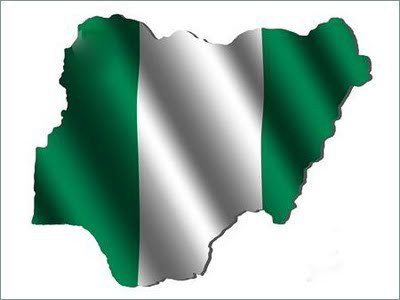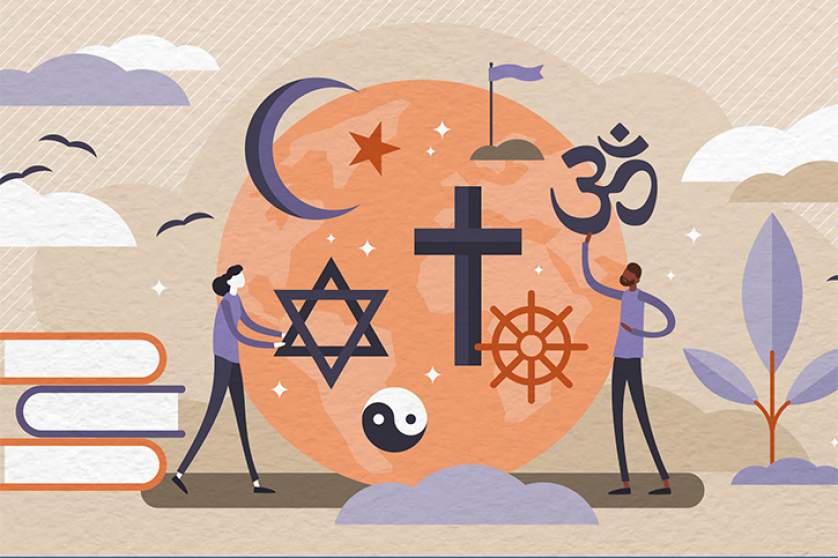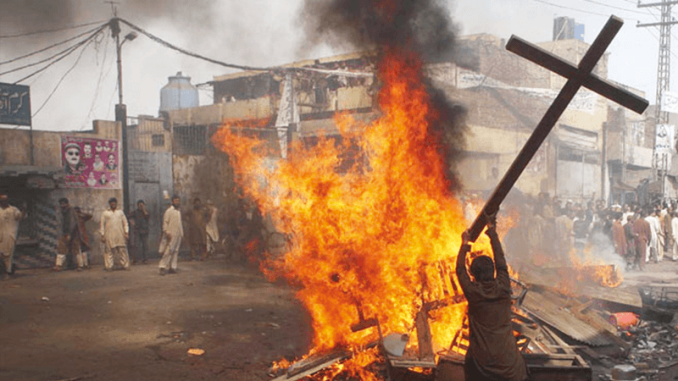The statement “Nigeria is a world largest graveyard where dreams and aspirations are buried with those who had them” is a powerful one that reflects the challenges faced by many Nigerians in pursuing their dreams and achieving their aspirations.
Nigeria is the most populous country in Africa, with a population of over 200 million people, and it is home to a vast array of talents, skills, and creative potential. However, despite its many resources and opportunities, Nigeria also faces numerous socio-economic and political challenges that hinder the growth and development of its citizens.
One of the most significant challenges is the high level of poverty and inequality in the country. According to the World Bank, over 40% of Nigerians live in poverty, with limited access to basic necessities such as food, water, and healthcare. This poverty trap has been a significant barrier to many people’s aspirations, as it limits their ability to access quality education, develop their talents, and pursue their chosen careers.
The high level of poverty and inequality in Nigeria is a significant challenge that has far-reaching effects on various aspects of the country, including education, talent development, and career pursuits. Poverty creates a vicious cycle of deprivation, making it challenging for individuals to access basic necessities such as food, water, and healthcare, let alone quality education and other opportunities that could help them achieve their aspirations.
For many Nigerians, poverty limits their access to quality education, which is crucial for skill development and the attainment of better jobs. Most individuals from low-income families cannot afford to pay for school fees, uniforms, and textbooks, and this significantly affects their academic performance. Poor academic performance and lack of access to adequate educational resources also make it difficult for these individuals to compete for scholarships and other opportunities that could help them pursue their education and achieve their aspirations.
In addition to education, poverty and inequality also limit the development of talents and the pursuit of careers. Many talented Nigerians from low-income backgrounds lack the resources and connections to access opportunities that could help them develop and showcase their skills. As a result, many talents remain untapped, and individuals are unable to pursue careers in areas they are passionate about.
Furthermore, poverty and inequality also limit access to healthcare, leading to poor health outcomes that hinder individuals’ ability to pursue their aspirations. Poor health limits productivity, making it difficult for individuals to work and sustain their livelihoods. It also affects the quality of life, limiting individuals’ ability to engage in activities that could help them achieve their aspirations.
Nigeria faces many challenges that hinder its economic and social development, including corruption, political instability, insecurity, unemployment, and inadequate infrastructure and social amenities. These challenges contribute to the decline of the country’s economic and social development, making it difficult for individuals to achieve their dreams and aspirations.
Corruption is one of Nigeria’s significant challenges, with the country ranking poorly in the Corruption Perception Index. Corruption undermines the country’s economic growth and social development, making it difficult for individuals to access opportunities and resources that could help them achieve their aspirations. Corruption also discourages foreign investment, leading to limited job opportunities and economic growth.
Political instability is another challenge that affects Nigeria’s economic and social development. The country has experienced frequent political crises, including military coups, elections marred by violence and irregularities, and political assassinations. These political crises have led to a lack of trust in the government and a loss of confidence in the country’s democratic process, making it difficult to attract foreign investment and foster economic growth.
Insecurity is another significant challenge that affects Nigeria’s economic and social development. The country faces various security threats, including terrorism, banditry, kidnapping, and communal clashes. Insecurity discourages foreign investment and economic growth, leading to high unemployment levels and limited access to resources and opportunities that could help individuals achieve their aspirations.
Unemployment is a significant challenge in Nigeria, with high levels of youth unemployment contributing to a sense of hopelessness and frustration. The lack of job opportunities limits individuals’ ability to access resources, pursue education, and develop their talents. It also leads to a lack of confidence in the future, making it difficult for individuals to pursue their dreams and aspirations.
Inadequate infrastructure and social amenities, such as good roads, electricity, healthcare, and affordable housing, also pose significant challenges to the realization of individual dreams and aspirations. The lack of good roads makes it difficult for individuals to access job opportunities and transport goods and services. The lack of electricity limits the use of technology and makes it difficult to operate businesses. Inadequate healthcare services limit individuals’ productivity and limit their ability to pursue their aspirations. The lack of affordable housing makes it difficult for individuals to secure safe and decent accommodation, making it challenging to focus on achieving their goals.
As a result of these challenges, many Nigerians have been forced to give up on their dreams and aspirations, while others have lost their lives while trying to achieve them. The country has seen many young people lose their lives in search of a better life abroad, while others have fallen victim to the numerous conflicts and security challenges in the country.
Finally, the statement “Nigeria is a world largest graveyard where dreams and aspirations are buried with those who had them” captures the harsh reality of the challenges faced by many Nigerians in their pursuit of a better life. However, it is important to note that despite these challenges, many Nigerians continue to persevere and thrive, showcasing their resilience and ability to overcome adversity.

![]()



















GIPHY App Key not set. Please check settings